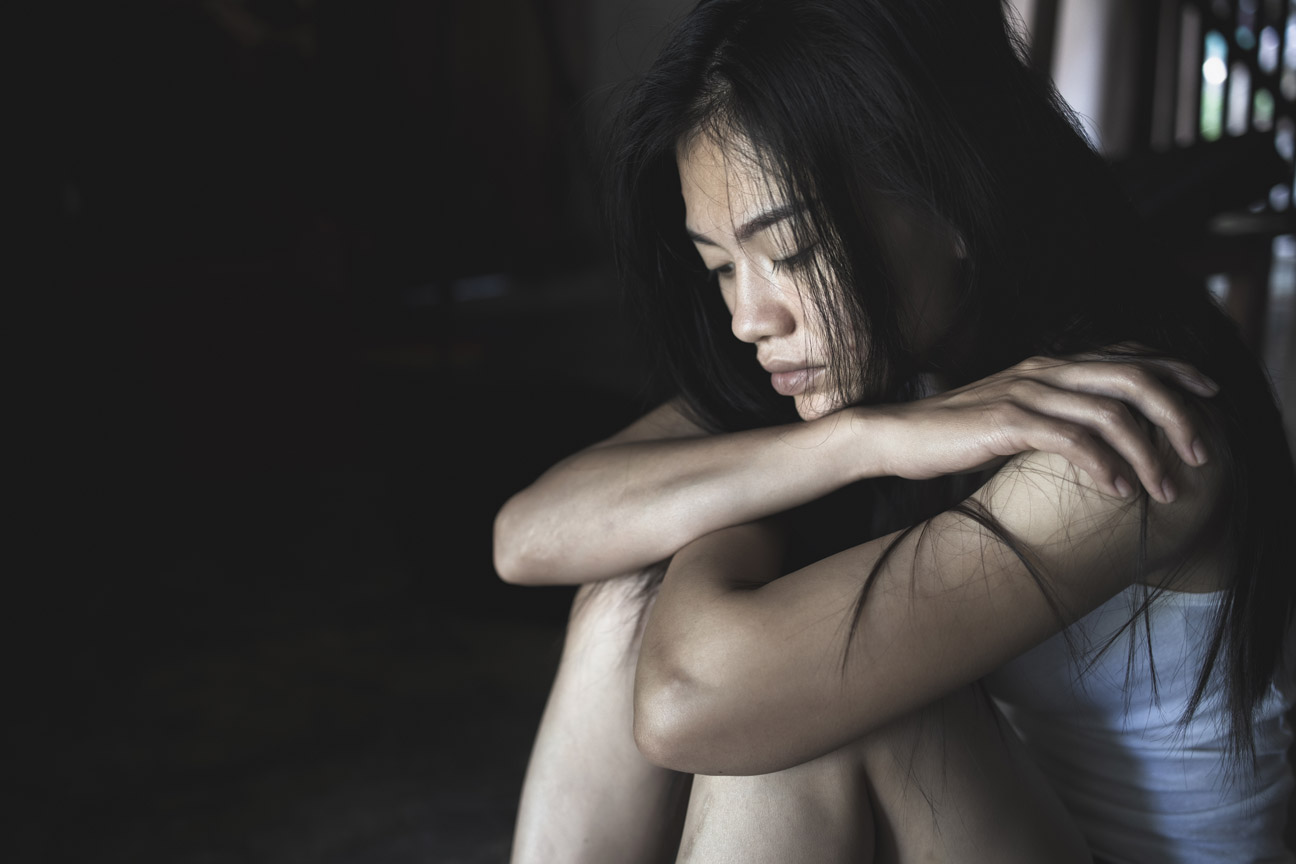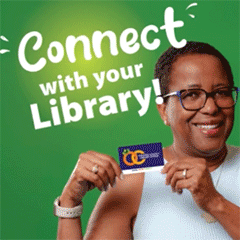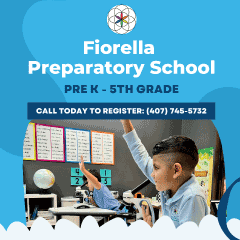Preventing a Tragedy
Local experts sound off on what the public should know for National Human Trafficking Prevention Month.

Human trafficking isn’t a new problem, but the combination of awareness campaigns, jarring headlines, and survivors finding both the support and strength to share their stories has brought increased attention to the issue.
Myths persist around the topic, though, and those committed to combatting such a pernicious crime are just as determined to correct those potentially dangerous misconceptions. Among those: that only women or girls are targeted, when demographic data collected by the National Human Trafficking Hotline indicates that more than 20% of victims are male; that it doesn’t happen right in our own backyard, when the U.S. is actually one of the worst places for human trafficking; that being kidnapped by a stranger is the primary avenue of abducting victims, when the reality is that groomers are often someone a targeted individual knows and online interactions require just as much caution as physical spaces.
With January and bringing National Human Trafficking Prevention Month along with it, we asked local experts and advocates for their insights into what people should know.
What accounts for human-trafficking awareness finally getting the attention it deserves?
I think that a combination of high-profile cases like Jeffrey Epstein and most recently the P. Diddy case have helped to shine a light on human trafficking and bring the conversation about the issue into the mainstream. Having the topic become more of a mainstream issue has certainly helped bring awareness and resources to fight human trafficking, but has not necessarily helped with fighting the misconceptions: Along with human trafficking becoming a mainstream topic has come movies like Taken and Sound of Freedom that have portrayed human trafficking in a way that’s entertaining for audiences but not necessarily accurate. [But] overall, human trafficking becoming a mainstream topic has been more beneficial than damaging.—Trent Steele, president and director of investigative operations, Anti-Predator Project
What kind of education does your organization provide?
Each month, our dedicated staff actively engages with the community to train organizations on identifying the signs of human trafficking. We provide training to schools, law enforcement, church groups and other local organizations. Additionally, we host Lunch and Learn sessions, both at our office and virtually.
For National Human Trafficking Awareness Month, our primary focus is on expanding our educational outreach and launching a support group for survivors across Central Florida. We encounter many victims in diverse situations, many of whom long for a safe community to connect with. This support group aims to provide that space, offering survivors the opportunity to heal and share their experiences. We are committed to providing even more resources to those in need and look forward to creating this vital support network.—Jill Cohen, CEO and founder, The Lifeboat Project
How can people protect themselves and their children from traffickers preying on individuals through internet interactions, communities, forums and DMs?
The main recruiting ground in the modern internet era is social media. Traffickers seek to target the vulnerable: Tweens and teens are extremely pliable for manipulation. Traffickers are master manipulators who can find and exploit a vulnerability for their own personal gain. The internet gives traffickers the ability to connect with and target children and teens through anonymity and deception. I have seen time and time again in our cases that children (and their parents) think that strangers cannot access them, and are tricked and manipulated until they become victims. The best way that parents can protect their children is to keep them off social media as tweens and young teens.
The State of Florida passed a law that went into effect Jan. 1, 2025, and has made it illegal for children under 14 to have social media accounts, and 14-15 year old children can have accounts only with parental consent. Abiding by this law prevents traffickers from having any access to children during some of their most vulnerable years.—Lisa D. Haba, partner, The Haba Law Firm, P.A.
What’s some advice you have that the general population should know to protect themselves?
Get educated, be brave and have courageous conversations. People should learn about: recruitment and grooming tactics used to lure kids in; apps to watch out for; managing children’s game time; safe ways to begin conversations; weaning kids off games, videos and apps; facts—not myths—about human trafficking; and what our youth have to say about all of this.
This issue is solvable, we just have to be willing to have courageous conversations with ourselves and our children. Create no-phone zones at home, reduce [your child’s] time online or in front of a computer, and create a cone of trust and safety in the family: no judgment means no secrets.—Jan Edwards, president and CEO, Paving The Way Foundation











